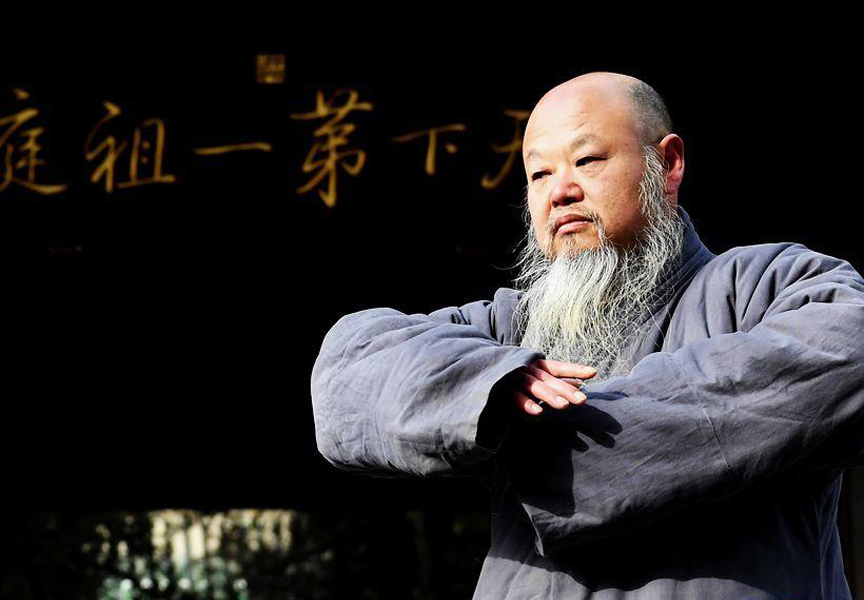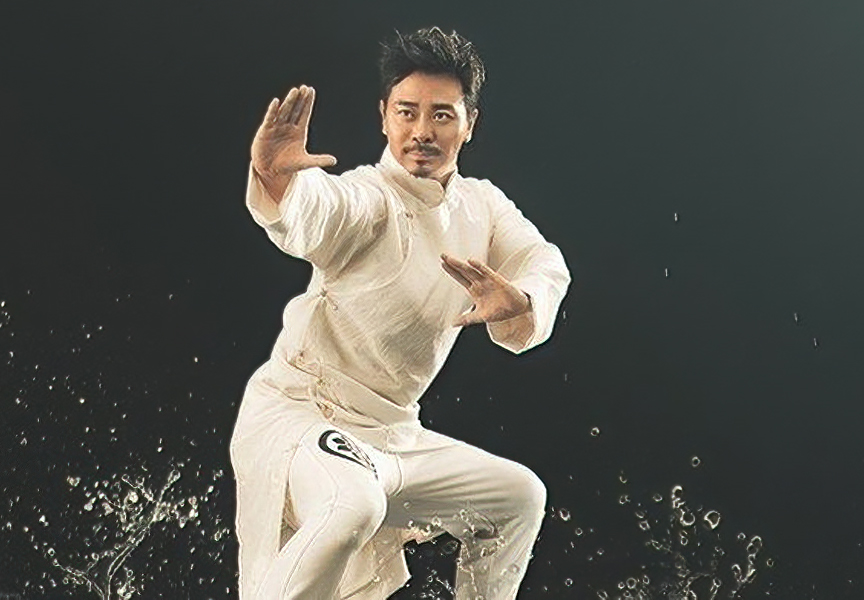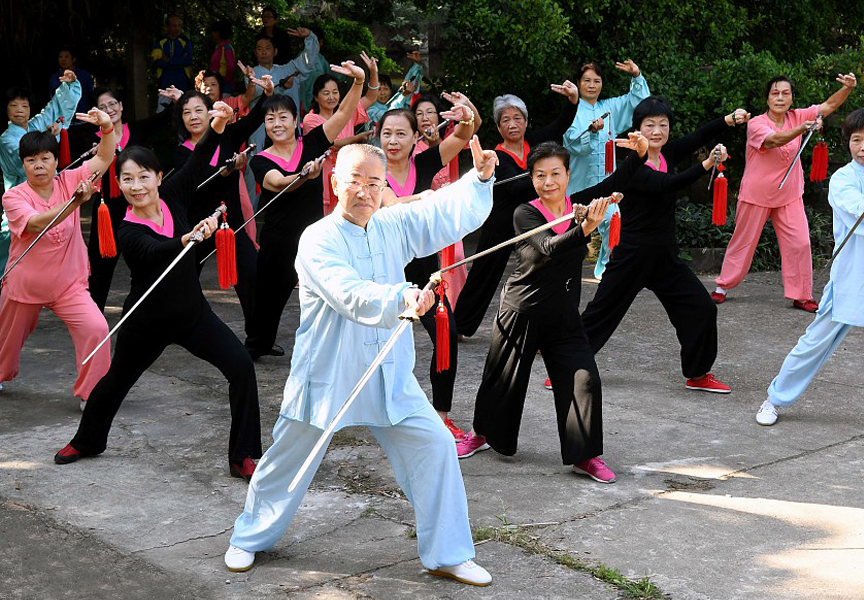Random Free Articles
- Karma

When people are happy and glad, take life for granted. Whereas when they suffer, when they encounter difficulties, they seek the reason for this and the way out of their difficulty. They may wonder why some people are born in poverty and misery, while others are born in favorable conditions. Some people believe that this is due to fate, chance, or an invisible force beyond their control. They feel that they are not able to live the life they…
- Ten Internal Principles of Shaolin Rouquan

Shaolin Rouquan [Chin.: Shàolín Róu Quán 少林 柔拳 ], the ancient martial art form, encompasses a set of internal principles that are crucial to its practice. Once an individual has mastered the correct posture, they can delve into these internal aspects to deepen their understanding and enhance their skills. The following are ten fundamental principles of Shaolin Rouquan: 1. Circular and Spiraling Movement [Chin.: Yuán xíng hé…
- Taolu. The Artistry of Forms

Martial arts, deeply rooted in ancient traditions and philosophies, embody a rich tapestry of physical prowess, mental discipline, and cultural significance. One of the distinctive elements in Chinese martial arts is the practice of "taolu" [Chin.: tàolù 套路], commonly known as forms. Taolu is not merely a choreographed sequence of movements; it is a dynamic expression of a martial artist's skill, showcasing a harmonious…
- Progress Rooted in Tradition

In an era characterized by rapid technological advancements and a relentless pursuit of the new, it is crucial to recognize the enduring value of tradition and primordial knowledge in shaping the path of human progress. While modernity often encourages us to look forward, we must also look backward to the wisdom embedded in our cultural heritage, ancient practices, and timeless traditions. This article delves into the symbiotic relationship…
- Martial Arts for Seniors

Breaking Stereotypes and Embracing Wellness Martial arts has long been associated with strength, agility, and discipline, typically seen as a pursuit for the young and physically fit. However, as attitudes toward aging and health evolve, so does the perception of activities like martial arts for seniors. The question arises: Is martial arts suitable for old people? In this article, we will explore the numerous benefits of martial arts for…

